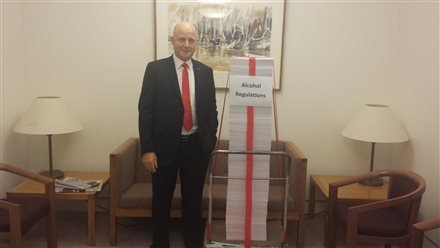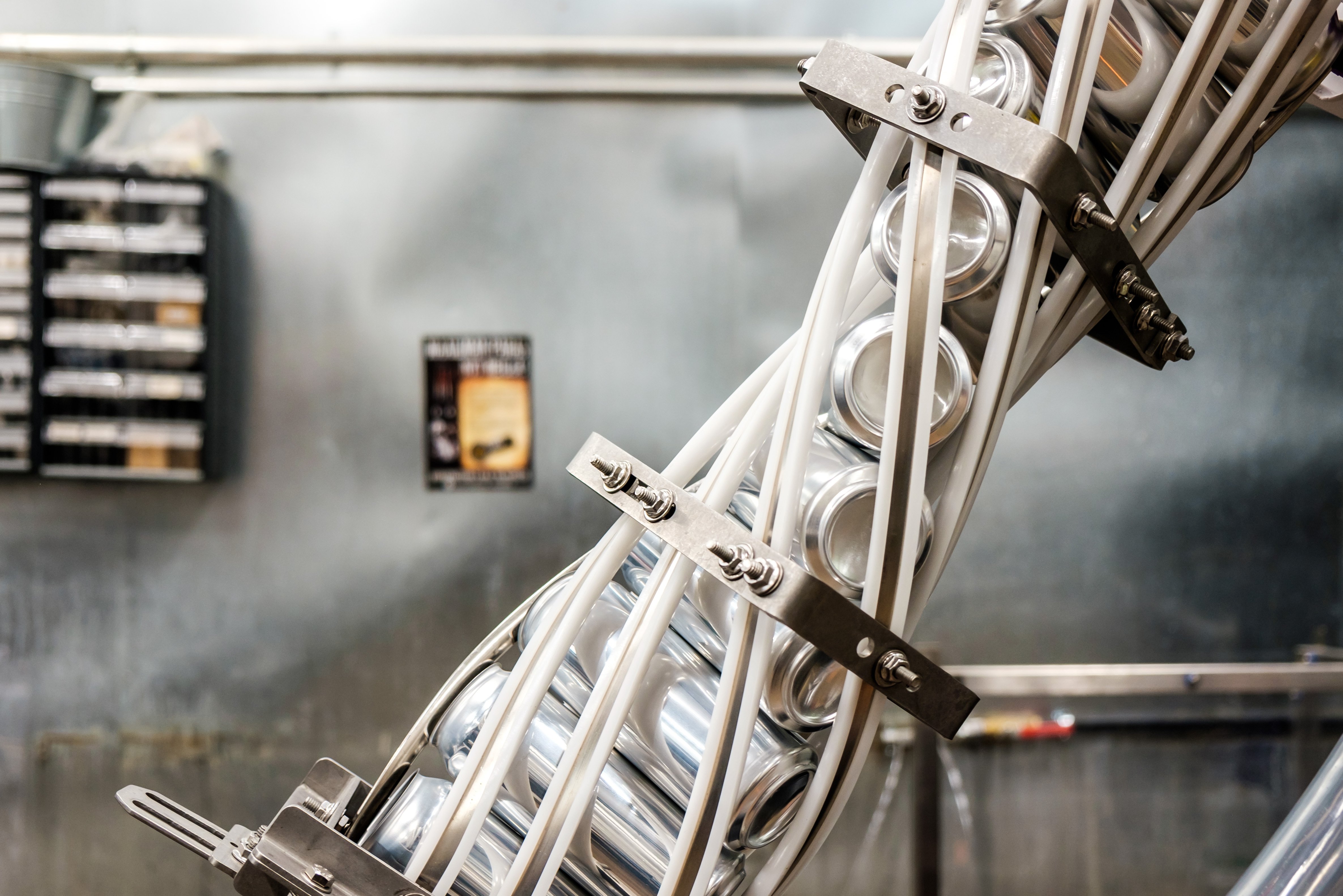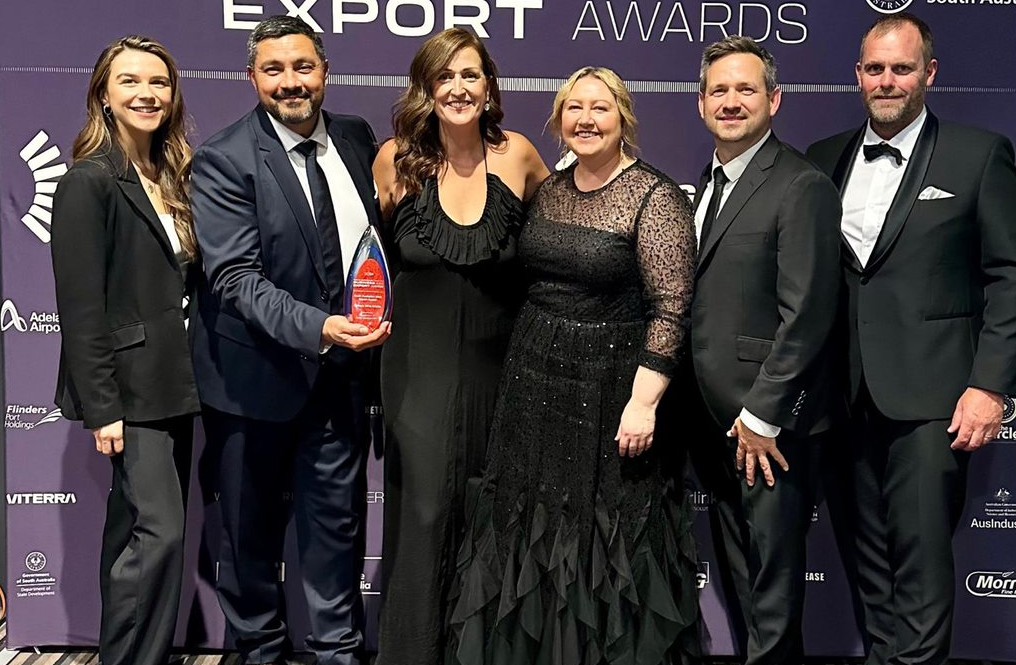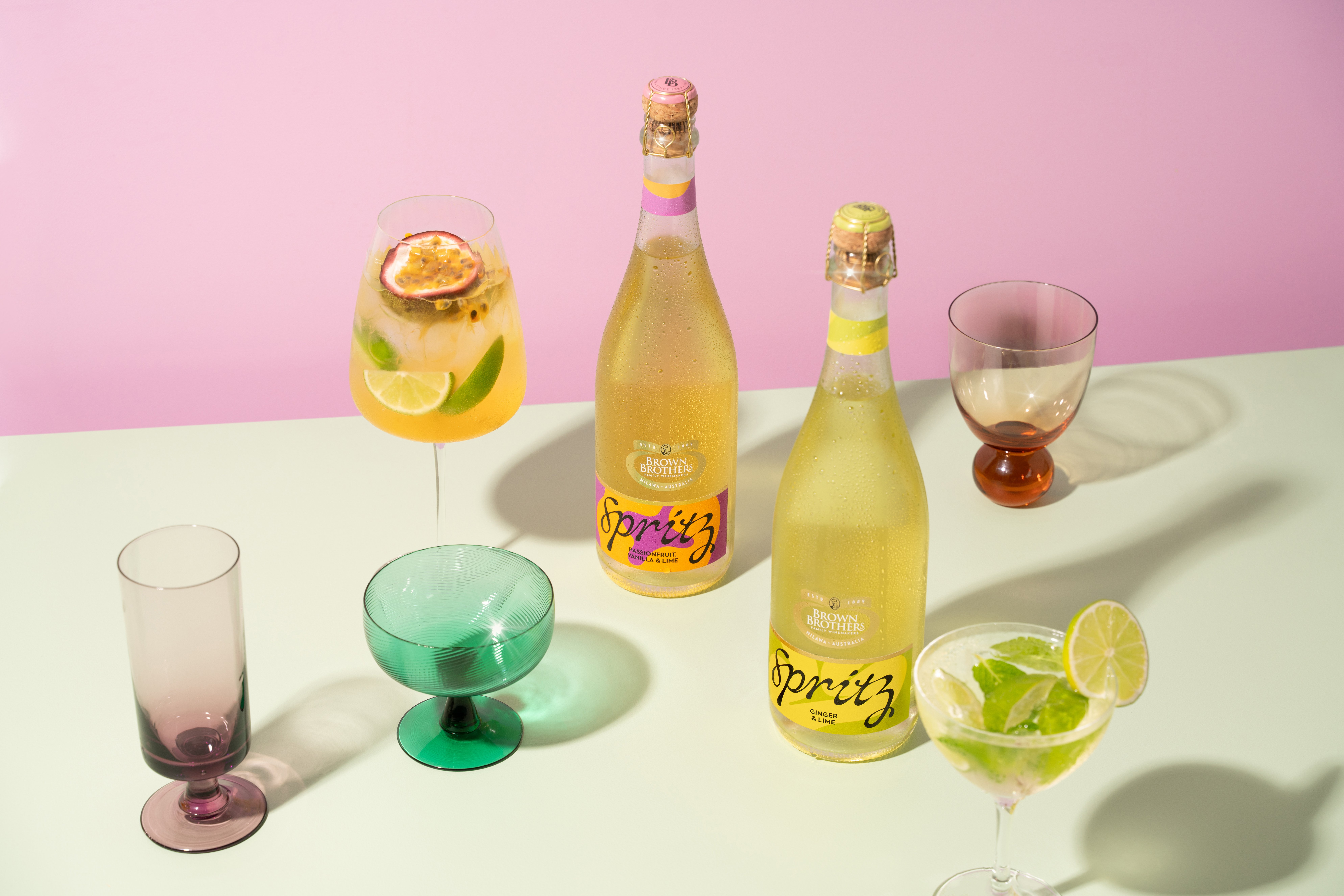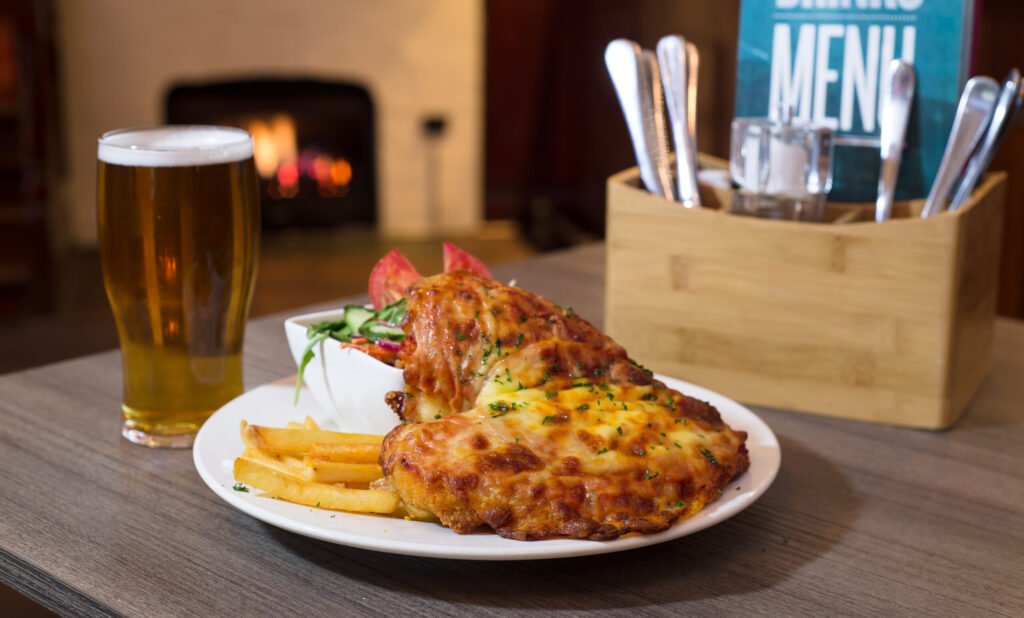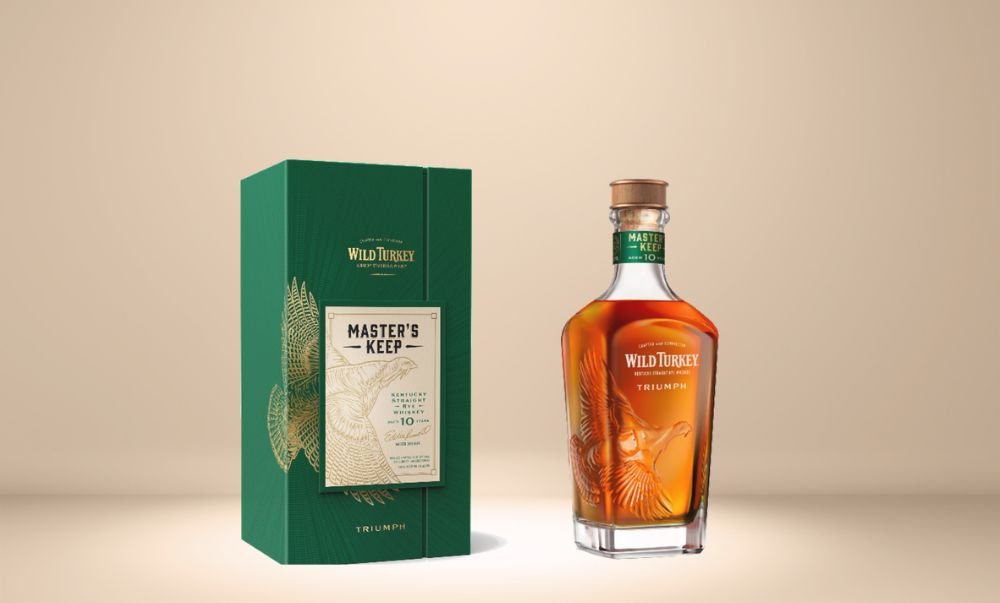Liberal Democrat Senator David Leyonhjelm has told C&I Week he supports the sale of alcohol in convenience stores.
“The hotel association hate that idea; they want to keep a monopoly on it, but ultimately it’s their business to out-compete the other potential retailers of alcohol. I can’t see why the government needs to get involved in an issue like that," he said.
“In many countries in the world, convenience stores sell alcohol and there’s no reason why that can’t occur in Australia.”
A Senate Committee released an interim report on the effect of red tape on the sale, supply and taxation of alcohol and its recommendations for alcohol tax reform last month, following an inquiry instigated and chaired by Leyonhjelm.
One of the recommendations is to allow packaged alcohol to be sold in convenience stores, petrol stations and supermarkets.
He said restricting those outlets from selling alcohol “makes no sense at all.”
“You go to Canberra and they don’t have that rule, the grog is sitting there next to the fruit and veggies and some of its cold, what’s the difference? Are Canberra people more sober than NSW people? That’s irrational.”
“They’re based on the assumption that if you make it too available, people will misuse it. How [do] those sort of restrictions make it less likely that you’re going to drink too much? You’re going to go and buy a case of wine from a bottle shop and get drunk as a skunk and make an idiot of yourself if that’s your thing.”
Australasian Association of Convenience Stores chief executive officer Jeff Rogut told The Herald Sun the sector wanted to compete with supermarket giants, who controlled 60% of the annual $16.2 billion packaged alcohol industry.
“These days you can order alcohol online and have it delivered to your home or use a drive-through bottle shop at all sorts of hours and buy alcohol. It’s about time the government was open to looking at other opportunities for our businesses,” he said.
“We want government to give our industry a fair go."
7-Eleven's group’s corporate affairs general manager, Clayton Ford, agreed: “We’re not advocating 24/7 trade in alcohol — simply being able to offer our customers the same access to the same products within the same regulatory frameworks as supermarkets and drive-throughs are able to, as our stores already responsibly do with tobacco.”
Share the content
